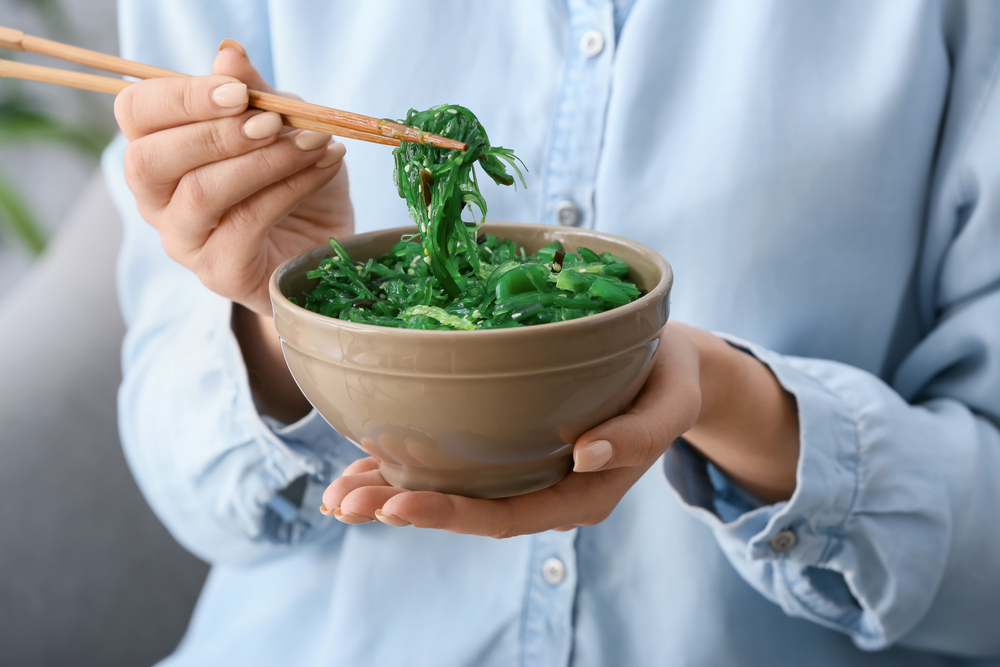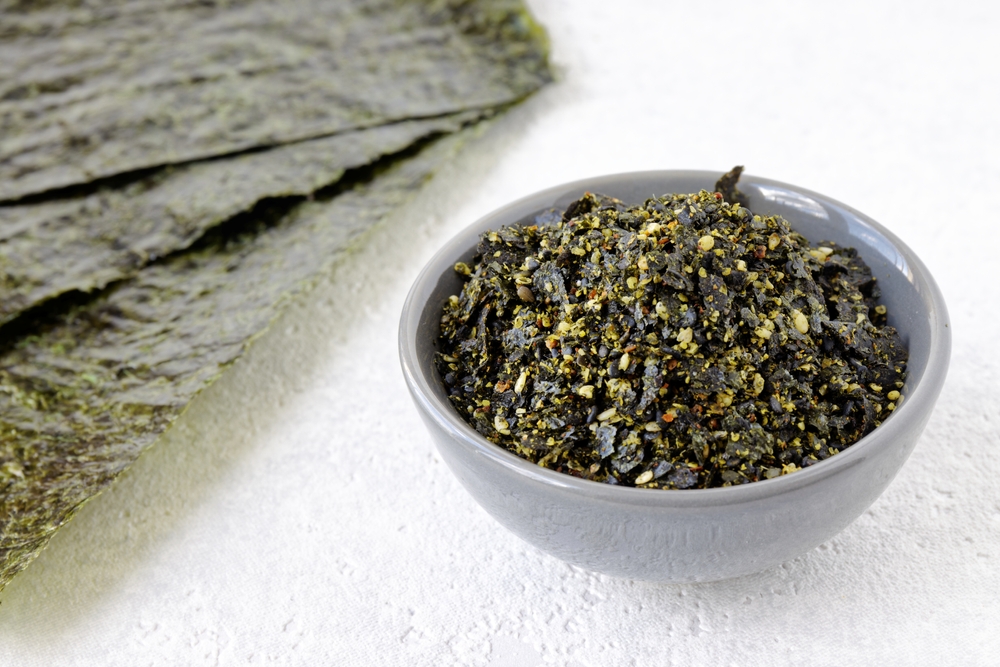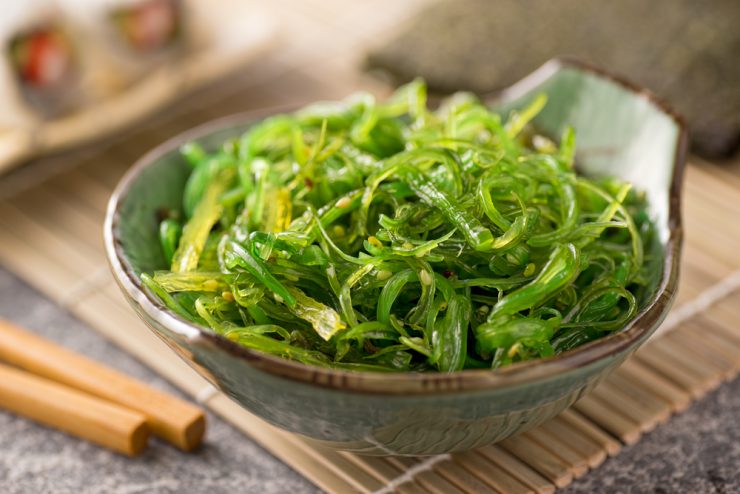“I have been seeing lots of articles in the press about the health benefits of seaweed. My health is often quite poor, in that I suffer frequent colds and other infections and energy is also a problem. I’m always looking for something new to try and wonder if seaweed could be it?”
Suzie Sawyer, Clinical nutritionist, answers:
As with all science, research has gradually provided a greater understanding of what nature has provided. I think seaweed has often been overlooked, partly because it seems quite intimidating and because we essentially think of it as a weed, which undermines its amazing health benefits. Interestingly, a United Nations adviser recently described it as the ‘greatest untapped source on the planet’.
We have dabbled with sea vegetables such as kelp, dulse, and bladderwrack but they have never been high priority in our diets. Apparently, the Vikings used to take seaweed onto their ships which is why they were able to travel large distances without any apparent problems.
Seaweed nutrition

If you’re looking to support your immune system, seaweed could really help as it’s high in zinc, vitamin A, vitamin C, selenium, and the energising B-vitamins. In fact, it would be hard to find other types of foods with such a diverse nutrient profile as seaweed. Plus, it’s rich in chlorophyll, often referred to as ‘the blood of life’.
It’s also interesting to note that while seaweed is of course very salty, it shouldn’t be an issue for people suffering from salt-sensitive high blood pressure because the salt is in the iodized form. Indeed, being rich in the mineral iodine it is great for brain and cognitive function which is often lacking in typical highly refined, western diets.
How to eat it

You can buy seaweed flakes quite easily and you can use them liberally on or in any dish instead of salt or flavourings. This is particularly easy in soups and stews. You can also simmer seaweed and add it to pasta with some tomato sauce. And for the slightly more adventurous, if you’re looking for a sweet treat, use it with caramel instead of normal salt and serve with ice cream!
What else to include in your diet
If you’re suffering from frequent infections, make sure you’re having plenty of colourful fruits and vegetables too as these are very nutrient-dense and provide plenty of immune-supporting antioxidants. And never underestimate the importance of having sufficient restorative sleep.
So, in answer to your question, you should certainly include seaweed in your diet as and when you can. However, if you have ongoing health concerns that aren’t improving, you should always get things checked out by your GP.
























Add comment